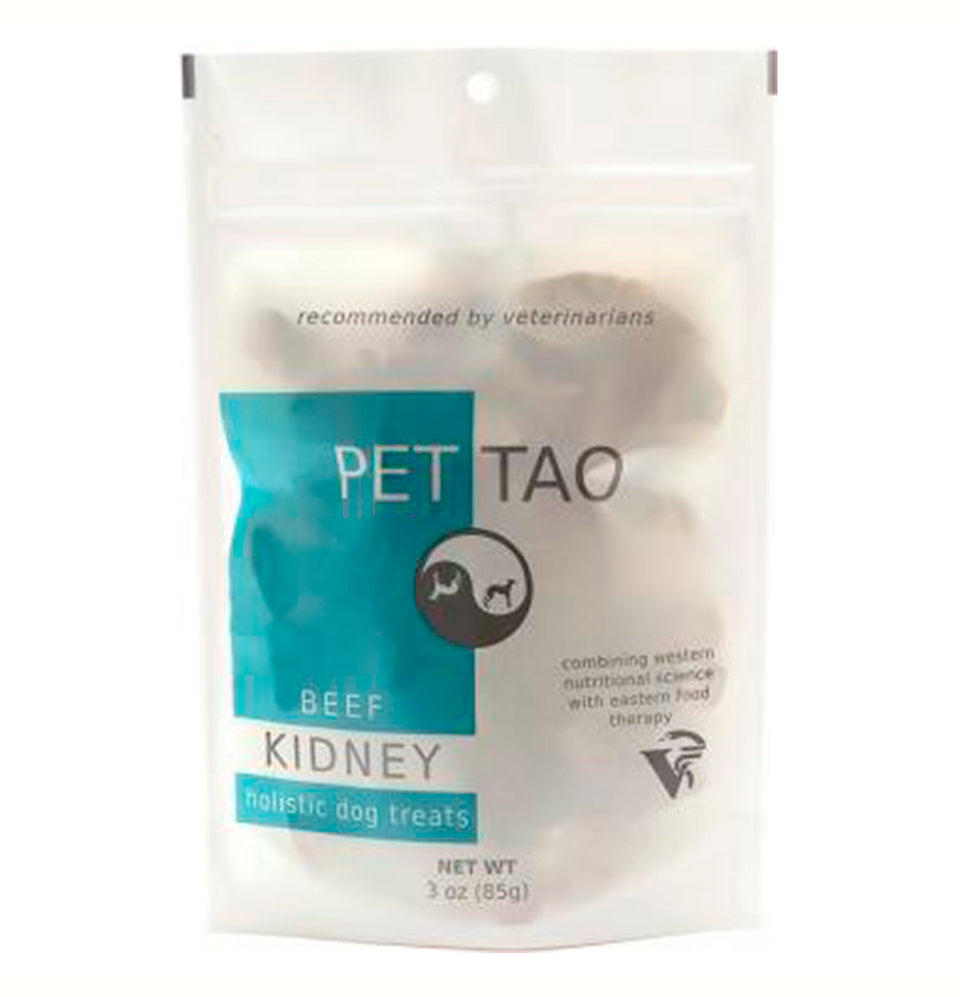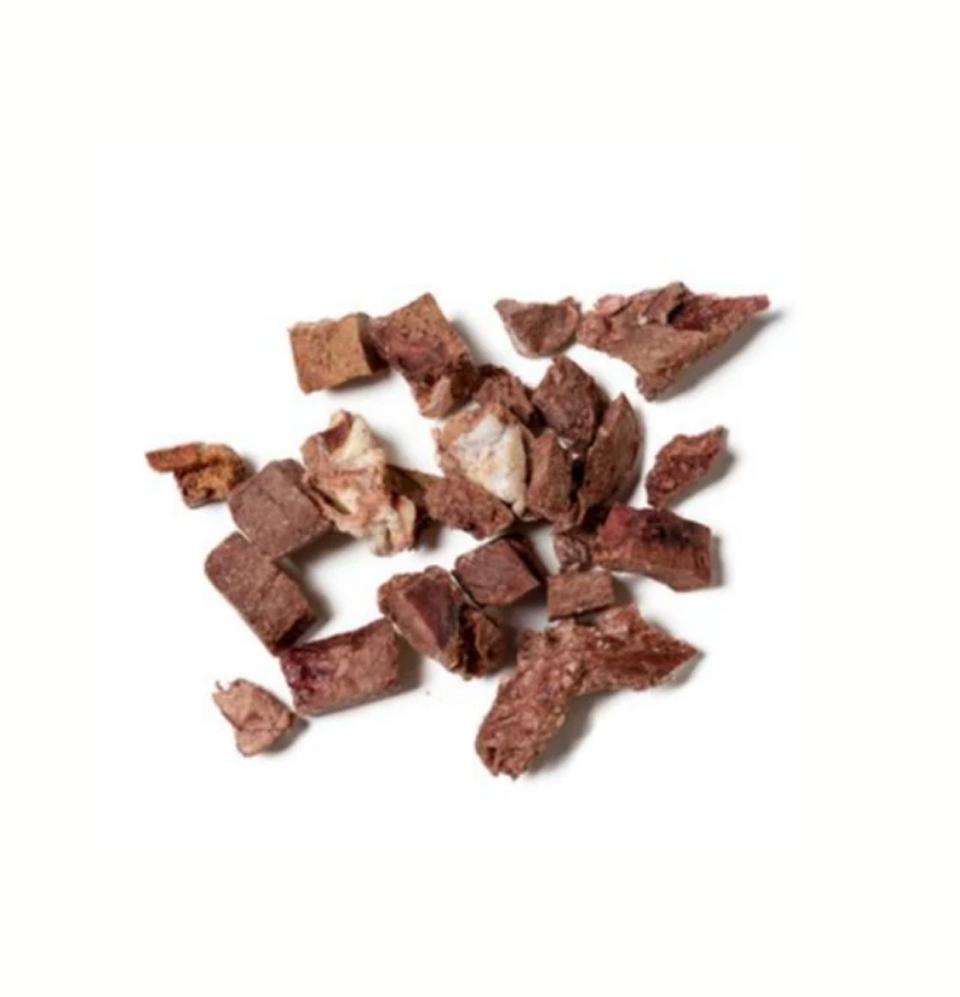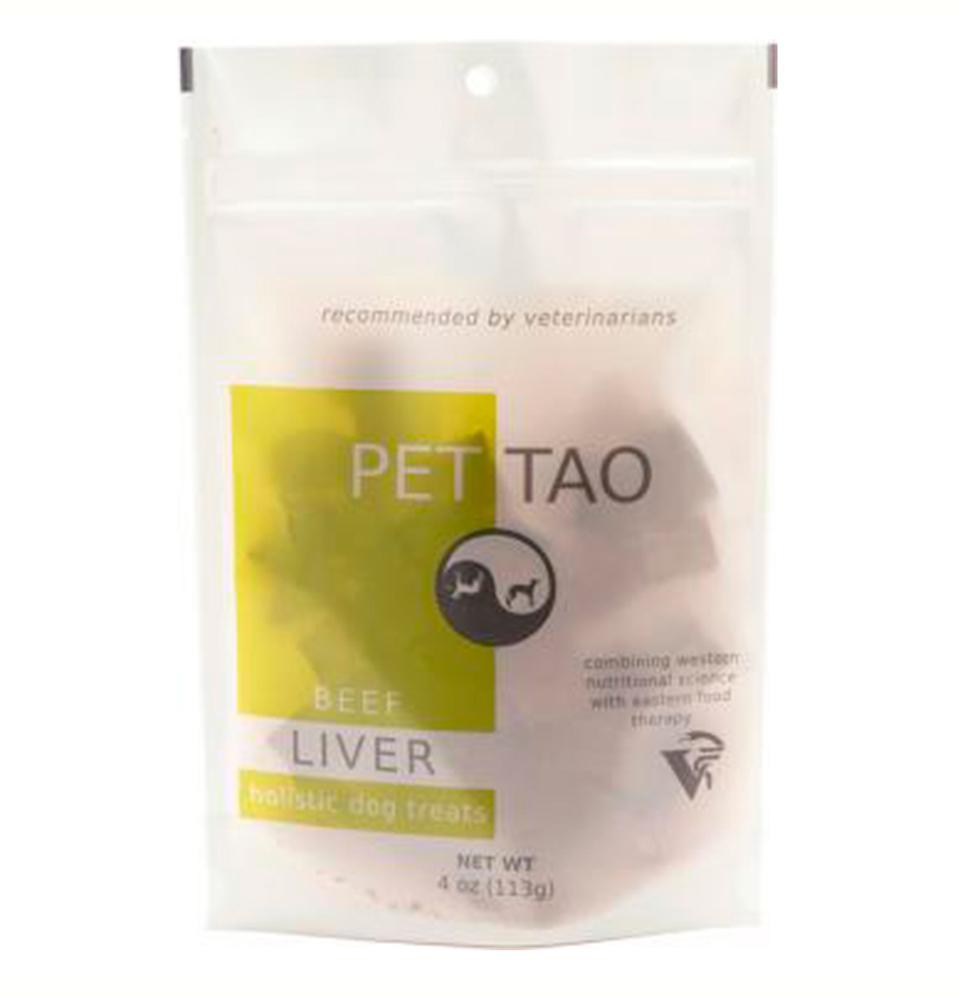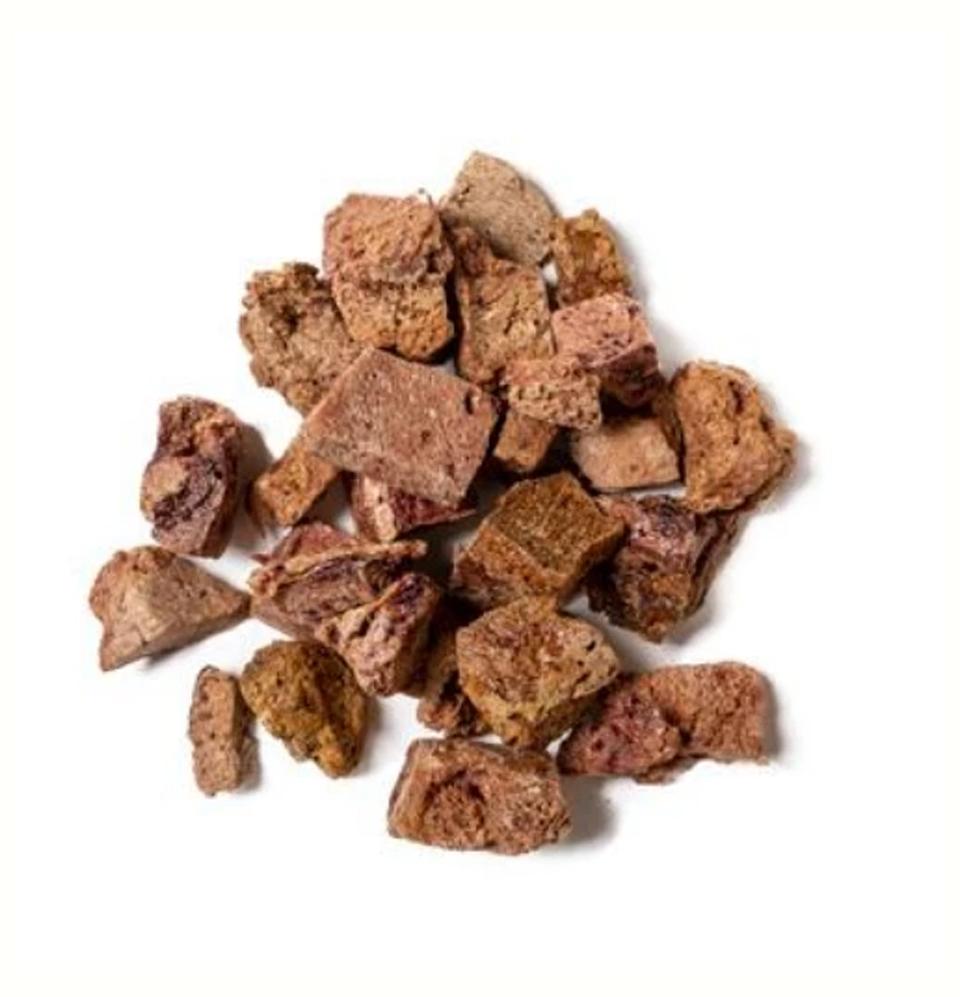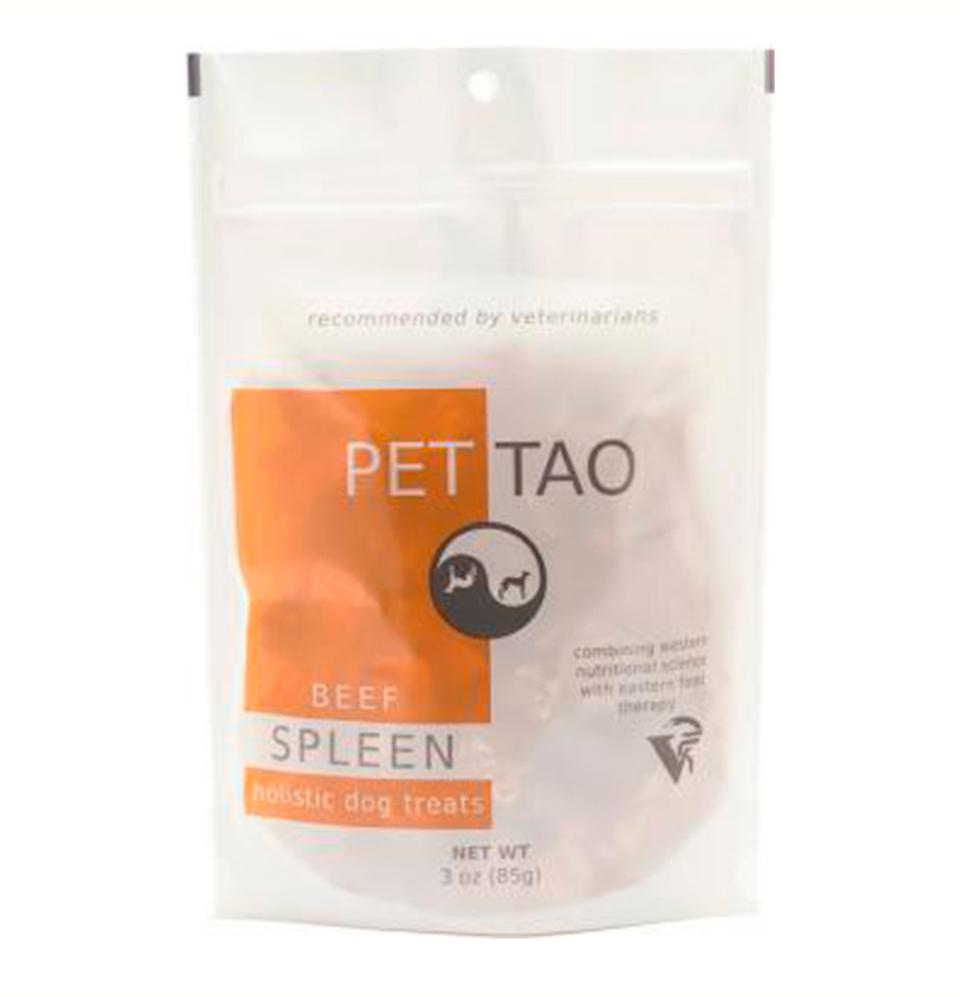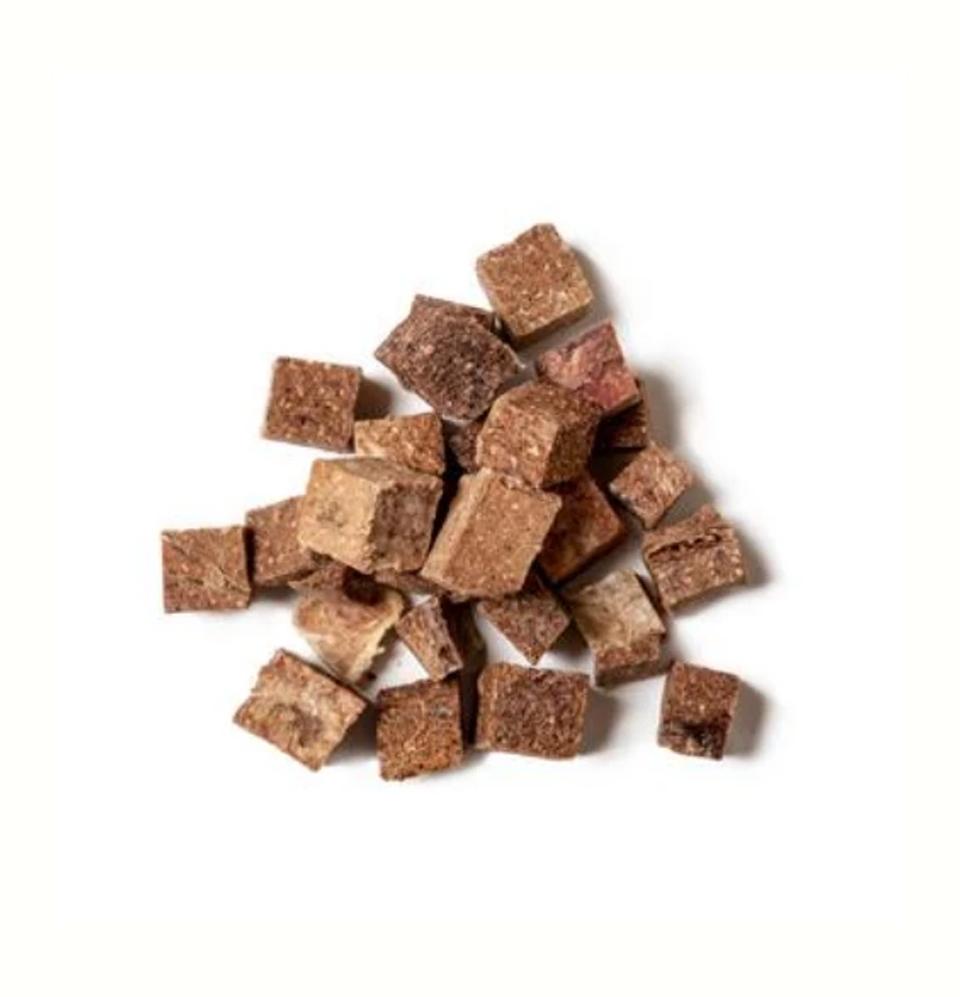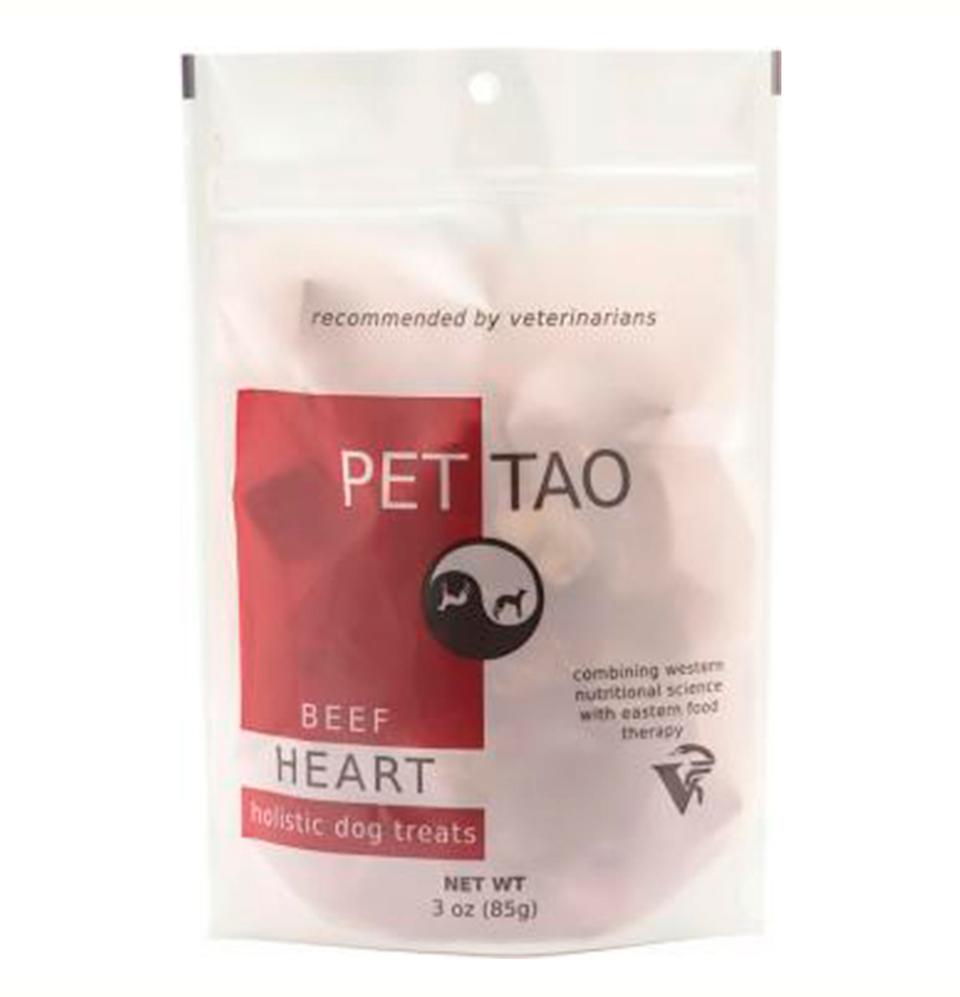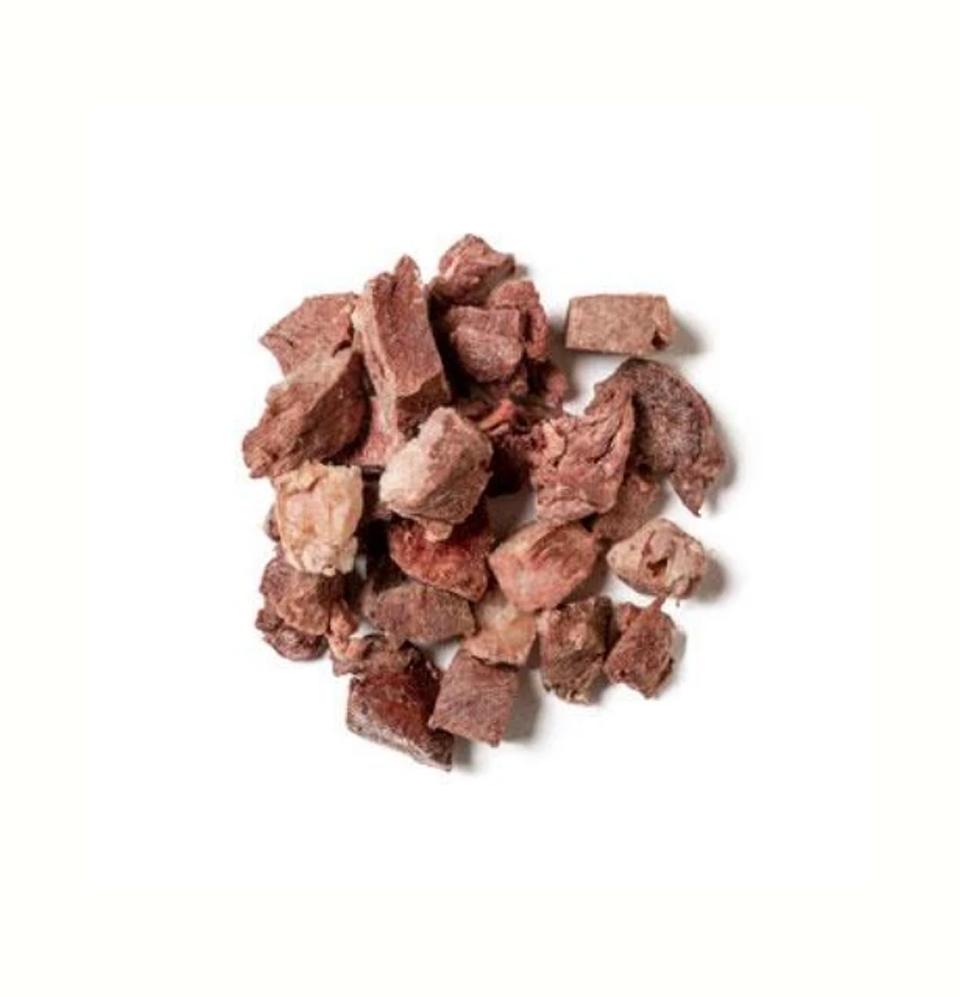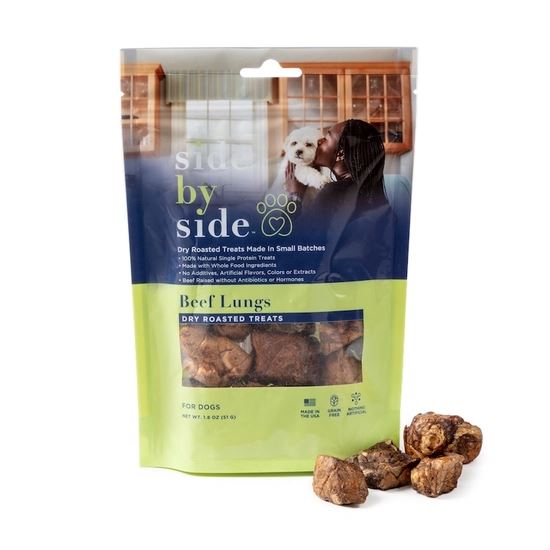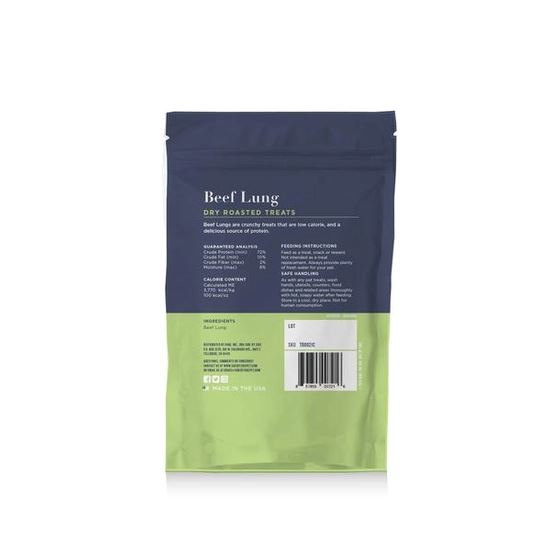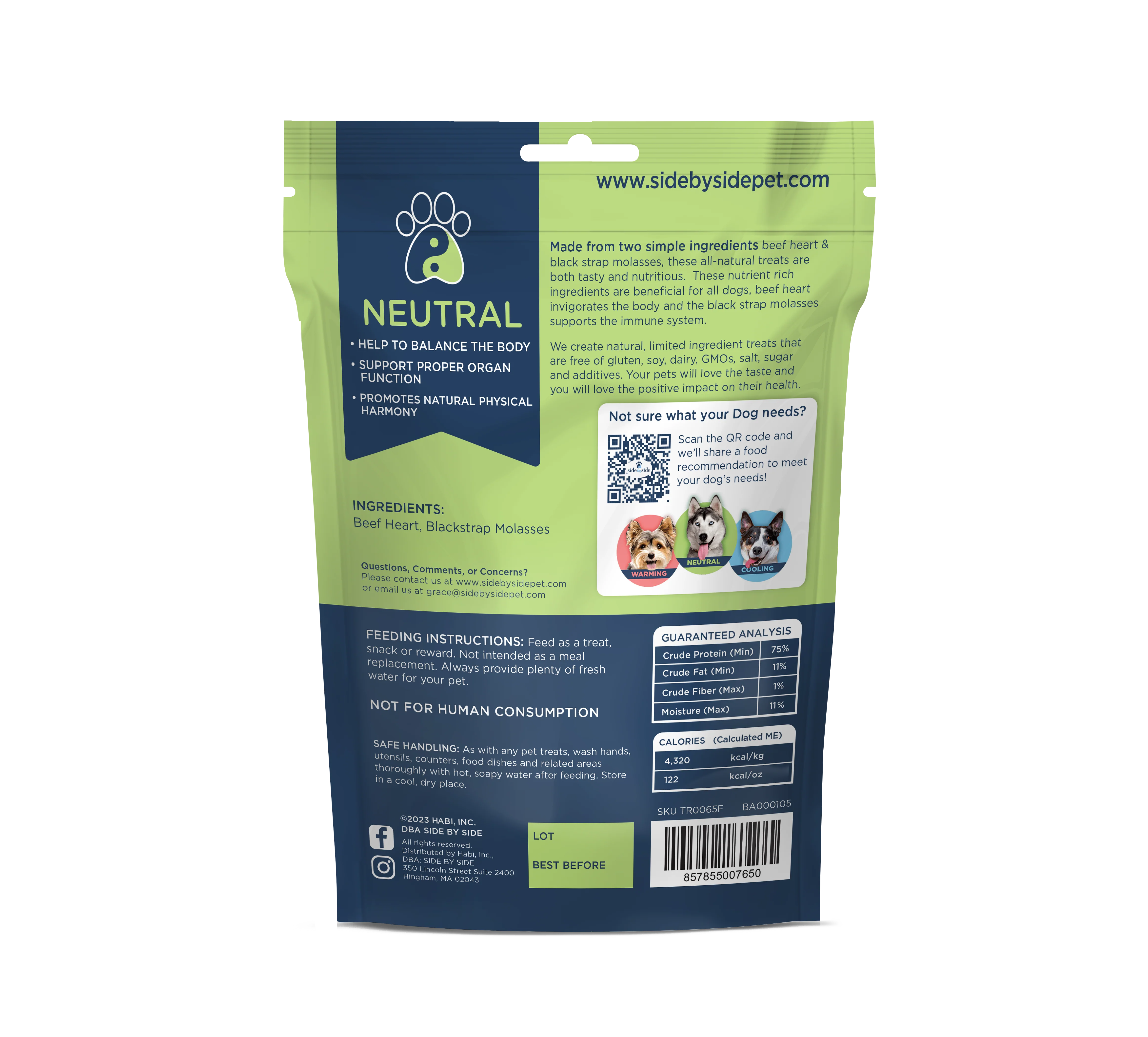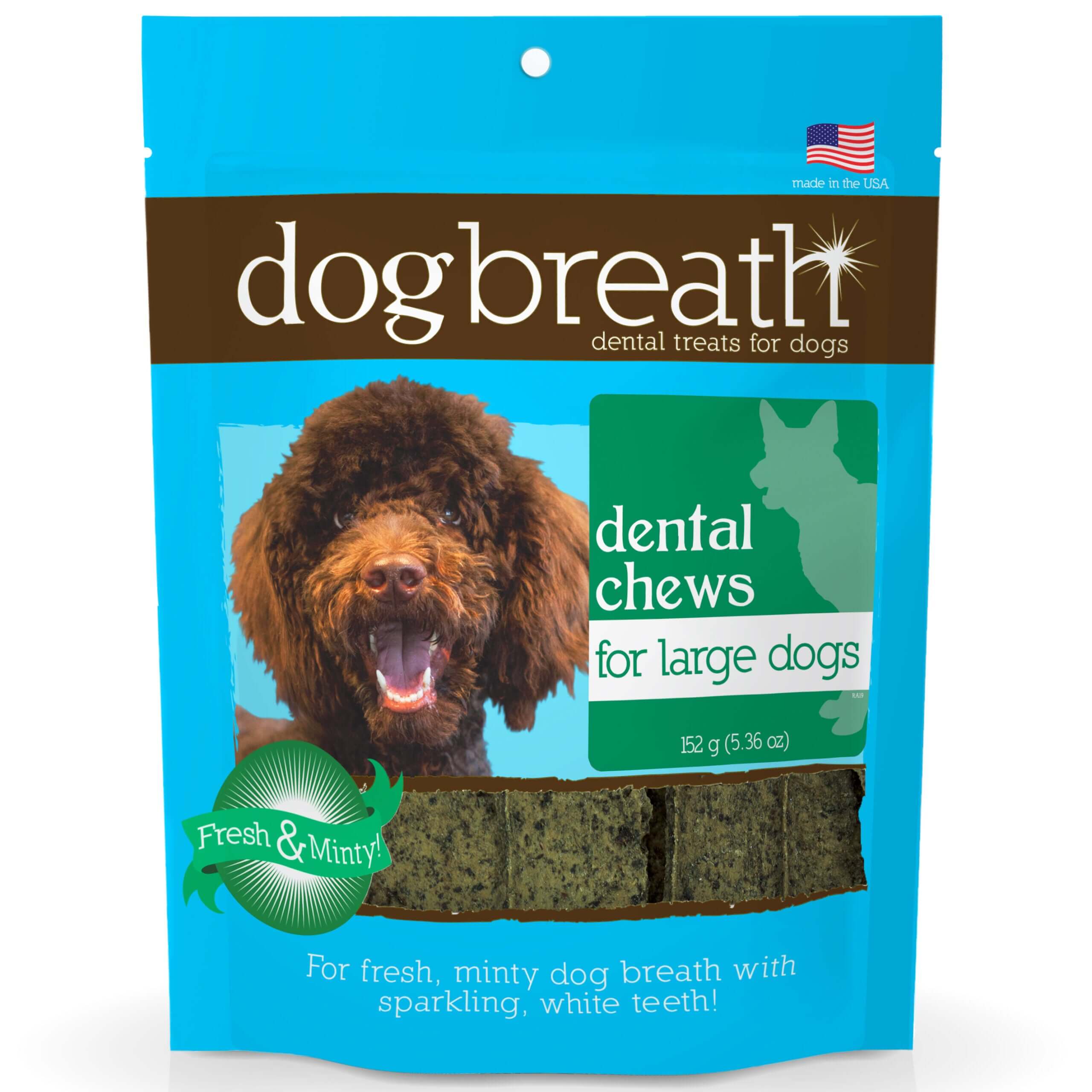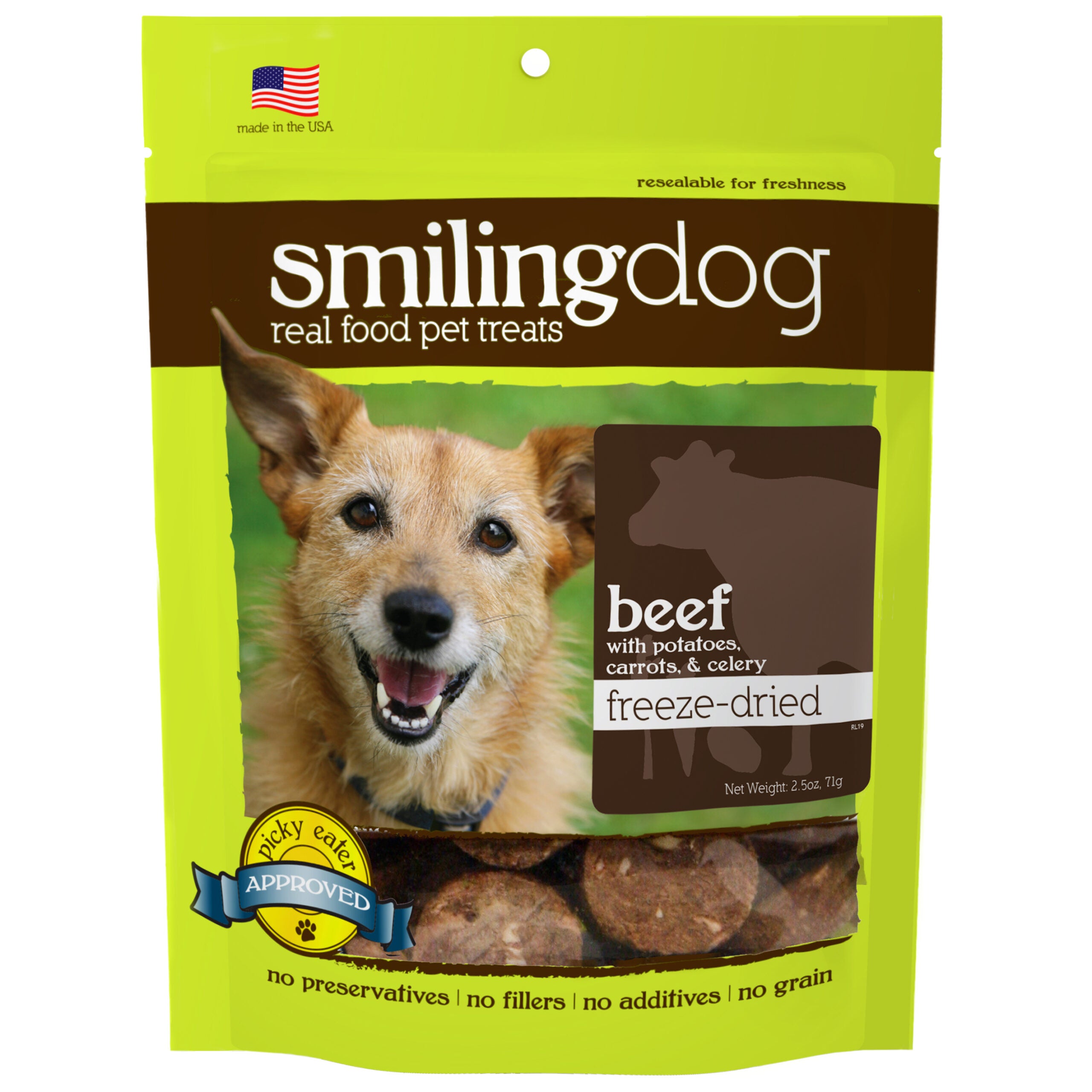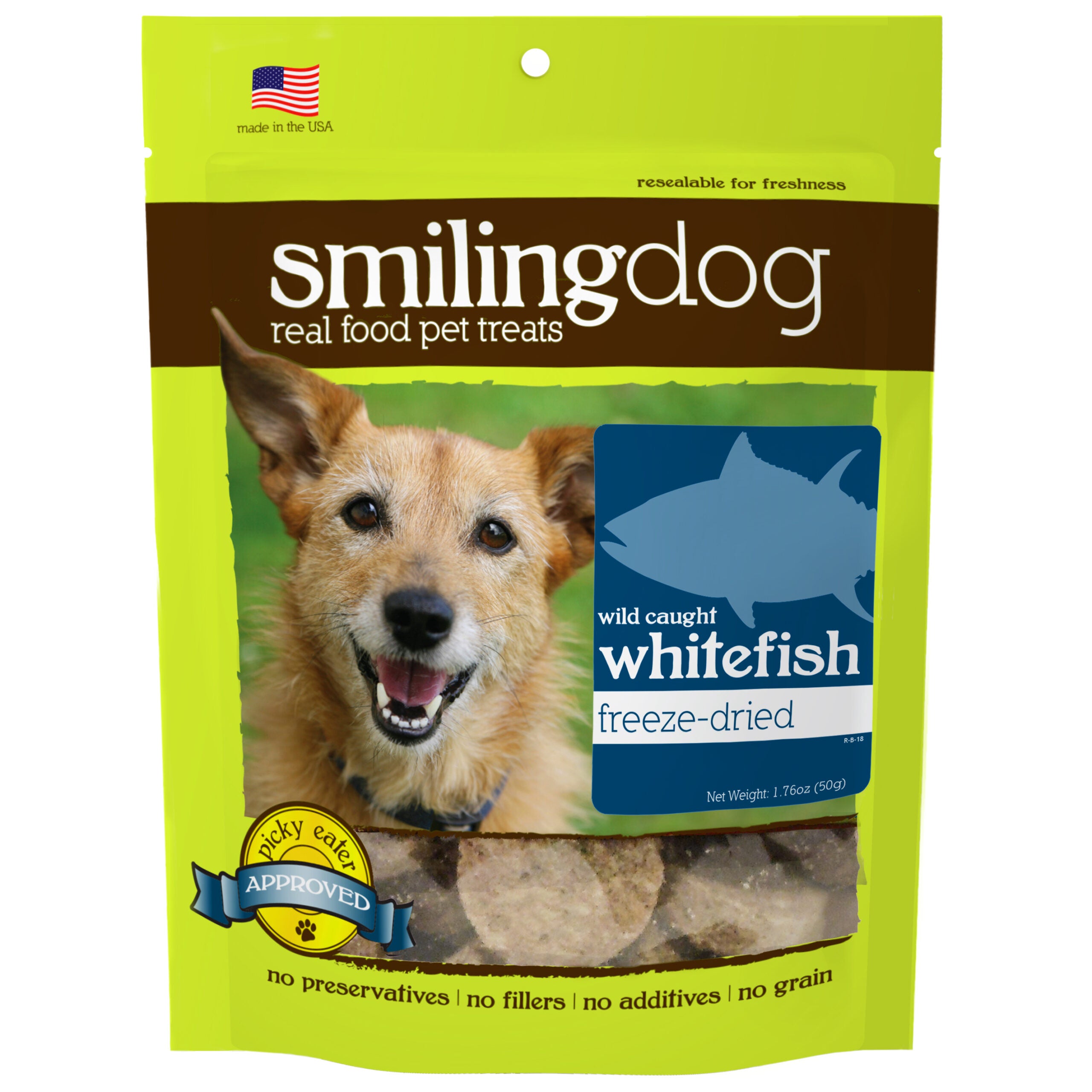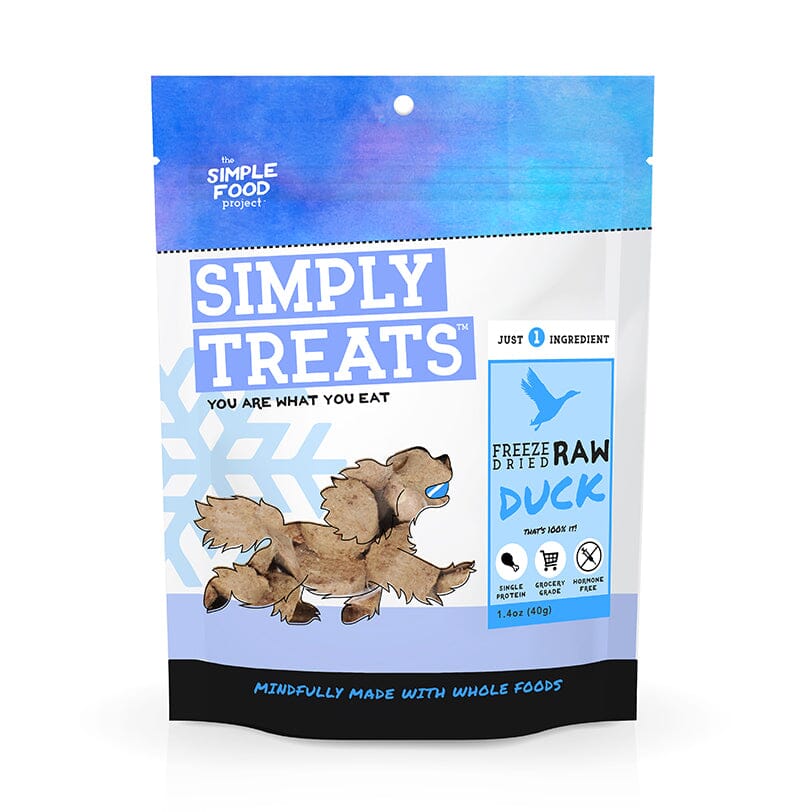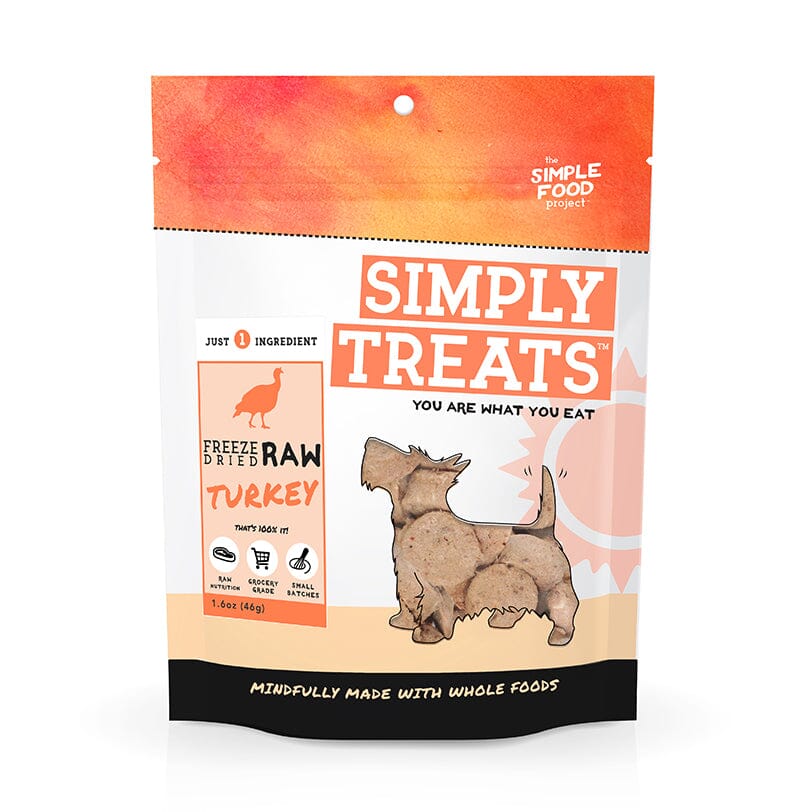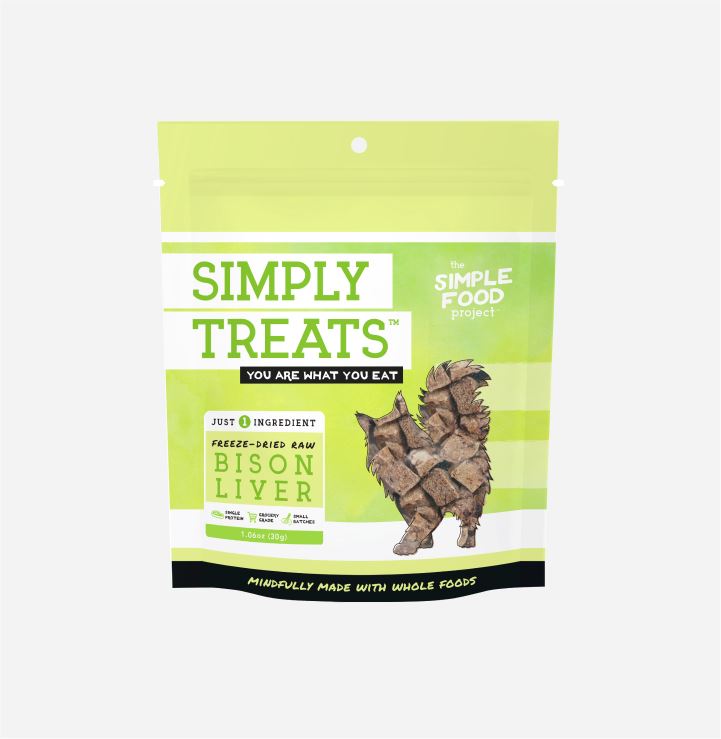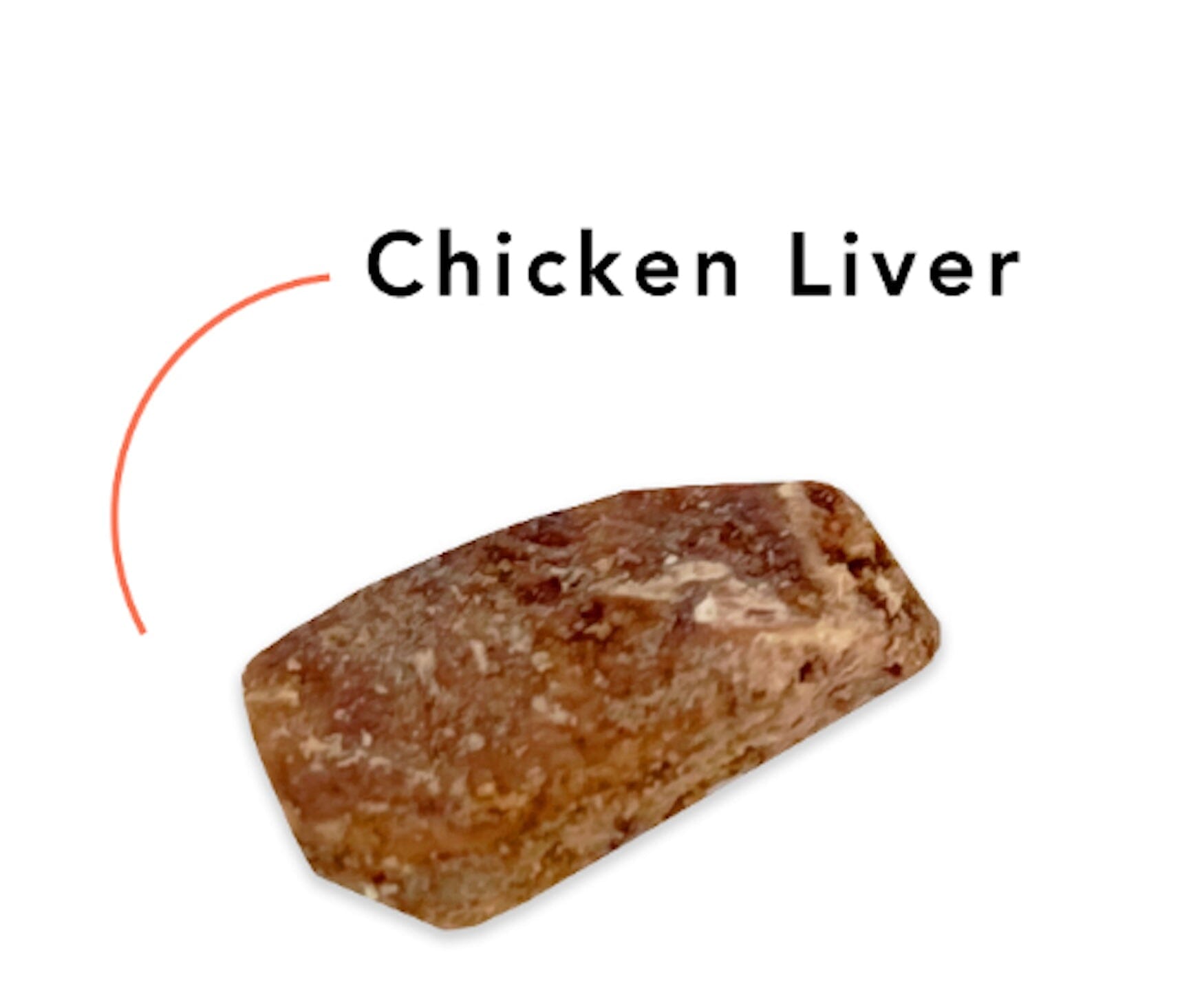
9 Easy Home Remedies for Dog UTIs

Urinary tract infections (UTIs) are uncomfortable and often very painful for dogs.
They feel like they can't empty their bladder, experience burning on urination, and often have pain in the lower abdomen - just like people do when they have a UTI.
Dog UTI Symptoms
If your dog has a UTI, you might notice certain signs and symptoms. While these signs alone don’t confirm a UTI — since they can also occur with other health issues — they’re important clues that something’s wrong. If you notice them, it’s a good idea to have your vet examine the situation so your dog can receive relief quickly.
The Most Common Symptoms
Below are some common signs you might notice if your dog has a UTI.
- Frequent urination: Dogs with UTIs may need to urinate more frequently than usual. They may request to go outside more often or have accidents in the house.
- Straining or difficulty urinating: Your dog may exhibit signs of discomfort, straining, or difficulty urinating. They may squat for an extended period, produce only small amounts of urine, or exhibit signs of pain during urination.
- Blood in urine: Hematuria, or blood in the urine, can occur with UTIs. The urine may appear pink, red, or cloudy.
- Strong odor: An unusually strong or foul odor in the urine can be a sign of a UTI. If you notice an abnormally pungent or unpleasant smell, it could indicate an infection.
- Urinary accidents: Dogs with UTIs may have accidents in the house, even if they are usually well-house trained. They may struggle to hold their urine due to the discomfort caused by the infection.
- Excessive licking of genital area: Dogs with UTIs may excessively lick their genital area as they experience discomfort or irritation.
- Changes in behavior or appetite: Some dogs with UTIs may show general signs of illness, such as lethargy, decreased appetite, or changes in behavior. However, these signs can be non-specific and can also indicate other health issues.
Things to Keep in Mind
It's crucial to remember that signs can vary in severity and may not be present in every dog with a UTI.
Another thing to keep in mind is that UTI symptoms and symptoms related to kidney or bladder stones are very similar.
If your dog displays the above symptoms or any other concerns, it's crucial to consult with your veterinarian.
Your vet will perform a thorough examination, conduct appropriate diagnostic tests, and also provide the necessary treatment to address the problem quickly and effectively. And, most importantly, your vet can make your dog more comfortable.
Once you have everything under control, home remedies are an excellent choice for maintaining your dog's health and preventing UTIs.
Home Remedies for Dog UTIs
The following home remedies for dog UTIs are quick and easy to implement at home.
Small changes, practiced every day, can yield tremendous results!
However, it's always essential to consult with your veterinarian before changing your dog's diet or supplement regimen.
1. Increase Water Intake
Encouraging your dog to drink more water helps by flushing bacteria out of the urinary tract before they have time to adhere and multiply.
The more water that goes in, the more the bacteria get flushed out.
Offer fresh, clean water at all times. Consider adding some low-sodium chicken or beef broth to make the water more appealing.
2. Increase Bathroom Breaks
Encourage your dog to urinate more frequently by taking them out for bathroom breaks more often.
Urinating more frequently helps flush bacteria out of the urinary tract and reduces discomfort.
Additionally, excessive holding of urine can exacerbate UTI symptoms, so ensure your dog has frequent opportunities to eliminate.
3. Feed Wet Food
Switching from kibble to a wet diet has a significant impact on overall hydration.
Because kibble is condensed, dry, and hard, it draws moisture from your dog's body during digestion.
Switching to wet food is easier to digest and doesn't dehydrate your dog.
Our founding veterinarians also recommend feeding an energetically-propriate diet and even created slow-cooker recipes you can make at home.
If you prefer not to switch from kibble to wet food, try crushing the kibble up and adding warm water or low-sodium broth to it before serving.
Your dog will lap up the liquid, offsetting the dryness of the kibble.
4. Maintain Hygiene
Keeping the genital area clean is vital for dogs with UTIs.
Wipe your dog's genital area with a gentle, pet-safe wipe after they urinate to help reduce the chances of bacterial growth.
Long-haired dogs may need a trim around the genital area to keep it clean and dry.
5. Add Apple Cider Vinegar to Your Dog's Food
Our founding veterinarian, Dr. Marc Smith, recommends apple cider vinegar as a tonic for the urinary system.
In his opinion, it helps clear urinary tract infections, prevents the formation of kidney and bladder stones, and maintains adequate ph.
His recommended dosage is one teaspoon per 15 lbs of body weight per day mixed in food.
6. Add Cranberry to Your Dog's Diet
Cranberry is beneficial for urinary tract health in both humans and dogs.
In her book Natural Dog: A Holistic Guide for Healthier Dogs, Dr. Deva Khalsa explains how cranberries contain a polysaccharide called mannose, which decreases the ability of bacteria to adhere to the cells lining the urinary tract. Instead, the bacteria adhere to the mannose in the cranberry and are flushed out with the urine.
The book Complementary and Alternative Veterinary Medicine: Principles and Practice also recommends supplementing with cranberry when treating UTIs.
Our store carries an excellent product, PET | TAO Soothe Bladder, which is high in cranberry and synergistic herbs for the urinary system.
7. Supplement with Probiotics & Digestive Enzymes
Probiotics help maintain a healthy balance of bacteria in the urinary tract and support the immune system. This article by the University of Colorado Urogynecology explains how probiotics and cranberries can help prevent urinary tract infections.
How Probiotics Help
Probiotics occupy the space and resources that harmful bacteria need to thrive. By doing so, they can compete with and inhibit the growth of pathogenic bacteria that can cause UTIs.
Probiotics also strengthen the mucosal lining of the bladder, serving as a protective barrier against bacterial invasion. Consequently, a healthier and more resilient bladder lining helps prevent bacterial adherence and invasion, reducing the risk of UTIs.
Our store's founding veterinarians (who also founded PET | TAO!) created PET | TAO Harmonize GI. PET | TAO Harmonize GI is a veterinarian-formulated soft chew supplement designed to support a healthy digestive system in both dogs and cats. Each tasty chew contains a balanced blend of digestive enzymes, prebiotics, and probiotics to help break down food, promote nutrient absorption, and maintain gastrointestinal balance.
How Digestive Enzymes Help
Digestive enzymes also help by breaking down food and enhancing nutrient absorption. While they primarily aid in digestion, digestive enzymes indirectly support urinary tract health.
By improving digestion and nutrient absorption, digestive enzymes also enhance the overall immune system function, which is crucial in fighting off infections, including UTIs.
8. Supplement with Vitamin C
Vitamin C increases the acidity of urine when metabolized by the body.
The increased acidity creates an environment that inhibits the growth and proliferation of bacteria in the urinary tract.
Bacteria typically prefer a more alkaline environment, so increasing the acidity makes it less favorable for them to thrive.
Additionally, Vitamin C is an antioxidant that supports the immune system's function. Having a healthy immune system helps fight off infections, including UTIs.
Our founding vets recommend sodium ascorbate, a flavorless powdered form of Vitamin C you can easily mix into your dog's food.
The recommended amount is 1/8 tsp per 10 pounds of body weight mixed in food twice daily.
9. Herbal Remedies
Several herbs possess antimicrobial or soothing properties that can help relieve UTI symptoms.
Examples include uva ursi, marshmallow root, and juniper berry.
- Uva ursi demonstrates antimicrobial activity against UTI-causing organisms.
- Marshmallow root soothes and protects the urinary tract, and is also an immunostimulant.
- Juniper berry has antibacterial, antifungal, and antibiotic properties. It's also a diuretic and helps flush out infections.
PET | TAO Soothe Bladder combines these three herbs with the benefits of cranberry in a single supplement. As mentioned earlier, cranberry is a top natural remedy for UTIs because it's high in mannose, which keeps bacteria from adhering to the urinary tract.
Soothe Bladder is a veterinarian-formulated blend of potent herbs and botanicals designed to support urinary tract health in both dogs and cats. Featuring cranberry to reduce the risk of UTIs, juniper berry to help flush uric acid and excess crystals, marshmallow root to soothe inflamed tissues, and uva ursi to ease swelling and promote a healthy bladder, Soothe Bladder also includes TCVM ingredients like kochia, poria, and polyporus for added urinary support and gentle detoxification.
Perfect for pets prone to urinary tract infections, bladder inflammation, or stone formation, this supplement helps maintain normal urine pH, supports healthy urination, and offers antioxidant and antimicrobial benefits. Safe for both dogs and cats, it can be administered daily as part of a holistic wellness plan or in conjunction with conventional veterinary care for added support.
If you'd like to learn about more dog UTI options, please see our article TCVM Vets Recommend Natural Remedies for UTI in Dogs.
Need Extra Help Managing Your Dog's UTIs?
If you ever feel like you could use extra support managing your dog’s urinary health — whether naturally or with TCVM (Traditional Chinese Veterinary Medicine) herbal blends — we’re here to help.
Our co-founder, Dr. Casey Damron, offers personalized TCVM telemedicine consultations designed to address your dog’s unique needs.
During your consultation, you’ll receive tailored recommendations that include:
- A TCVM evaluation
- Customized food therapy guidance
- Herbal formulas with veterinary authorization
- Supplement suggestions to support urinary health
- Alternative medicine options to enhance overall well-being
If you’re located in Middle Tennessee or willing to travel, you can also choose an in-clinic appointment for hands-on care.
We hope this information helps you on your journey to restoring your dog’s comfort and health. If you have any questions or if we can assist you in any way, please don't hesitate to reach out to us anytime.
Sources:
- Khalsa, D. (2009). Dr. Khalsa's Natural Dog: A Holistic Guide for Healthier Dogs.
- Baumgartner. B. (2022, November 28). Vinegar Dog Treatments | Nashville & Franklin TN Holistic Vet. Marc Smith DVM. https://franklintnvet.com/vinegar-dog-treatments/
- Schoen, A. M., & Wynn, S. G. (1998). Complementary and Alternative Veterinary Medicine: Principles and Practice.
- Lehman, A. (2023, March 10). 5 Ways Uva Ursi Soothes Dog Bladders. PET | TAO Holistic Pet Products. https://pettao.com/5-ways-uva-ursi-soothes-dog-bladders/
- Lehman, A. (2022, November 30). Use Marshmallow Root to Improve Dog Bladder Health. PET | TAO Holistic Pet Products. https://pettao.com/use-marshmallow-root-improve-pet-bladder-health/
- Lehman, A. (2023b, March 10). What to Know About Juniper Berry for Pet Bladder Health. PET | TAO Holistic Pet Products. https://pettao.com/know-juniper-berry-pet-bladder-health/
GET 20% OFF YOUR FIRST ORDER! JUST ENTER CODE 20%OFF1ST IN THE DISCOUNT CODE BOX AT CHECKOUT.







